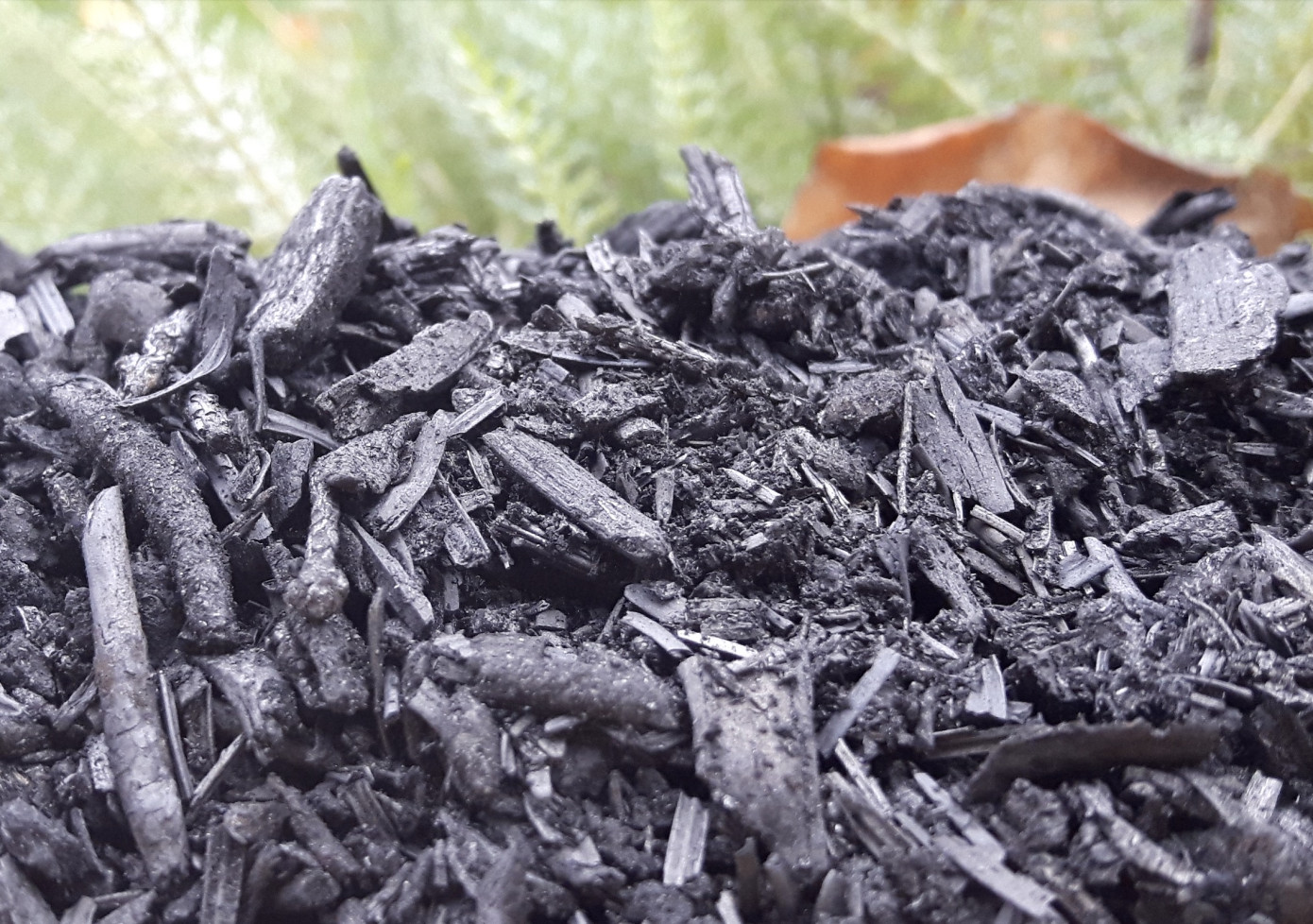A study by researchers at Chalmers University of Technology in Sweden reveals that biochar can significantly reduce DDT contamination in soil. Field experiments at a former tree nursery showed that mixing biochar into contaminated soil halved the uptake of DDT by earthworms. This method offers a cost-effective and environmentally friendly solution for land currently deemed unsuitable for farming due to ecological risks. The research findings were published in Science of The Total Environment.
DDT, banned globally for over 50 years, still lingers in soils across the world. It is linked to severe health risks such as cancer and reproductive disorders and disrupts ecosystems by accumulating in the food chain. In a three-year experiment, researchers treated 23 hectares of DDT-contaminated soil in southern Sweden by mixing biochar into half of the experimental plots. Their results show that biochar not only reduces DDT's bioavailability but also improves soil health, enabling the potential cultivation of crops like hay, pine, and spruce.
Biochar, an inexpensive material made from organic waste through pyrolysis, binds contaminants while enhancing water and nutrient retention in soil. Unlike costly landfill methods, this approach can rehabilitate large contaminated areas at significantly lower costs. Researchers expect the effects of biochar treatment to last decades and are exploring scalable application methods.
The study highlights biochar's potential as a sustainable solution for soil pollution, aligning with the EU's Soil Monitoring Law aiming for healthy soils by 2050.
